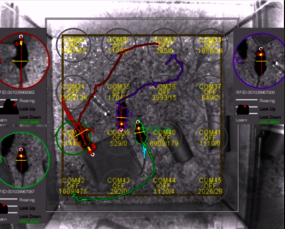We show that while motor exploration deficits disappear rapidly, social difficulties emerge gradually and peak three weeks after morphine cessation.
These findings highlight the importance of innovative, automated, and objective tracking tools to better understand the emotional and social disturbances associated with opioid dependence.
Incubation of social deficit during morphine abstinence in male mice using a novel unbiased and automatized method

